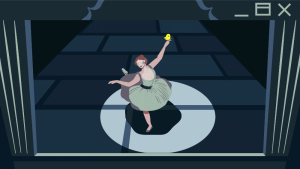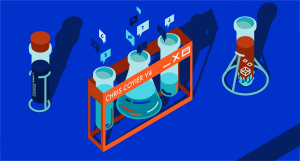Keep up to date on current trends and technologies
Web - Podcast

REST, GraphQL, and Founding a Startup, with Michael Paris and Vince Ning
Tim EvkoM. David Green

Ruby, Rails, and Imposter Syndrome, with Glenn Goodrich
M. David GreenTim Evko

Sass, HAML, and Inventiveness, with Hampton Catlin
M. David GreenTim Evko

The Challenges of Responsive Web Design, with Ethan Marcotte
M. David GreenTim Evko

CSS Grids, Flexbox, Columns, Shapes and Regions, with Rachel Andrew
M. David GreenTim Evko

Web Publishing and Monetizing Content, with Alex Fitzpatrick
M. David GreenTim Evko

The Ups and Downs of Open-source Software, with Ken Wheeler
M. David GreenTim Evko

CSS Animation, and Creating Art with Code, with Rachel Smith
M. David GreenTim Evko

CodePen, and Getting Started on the Web, with Chris Coyier
M. David GreenTim Evko
SitePoint Podcast #161: The Return of the Yank with Kevin Yank
Karn Broad
Showing 10 of 10